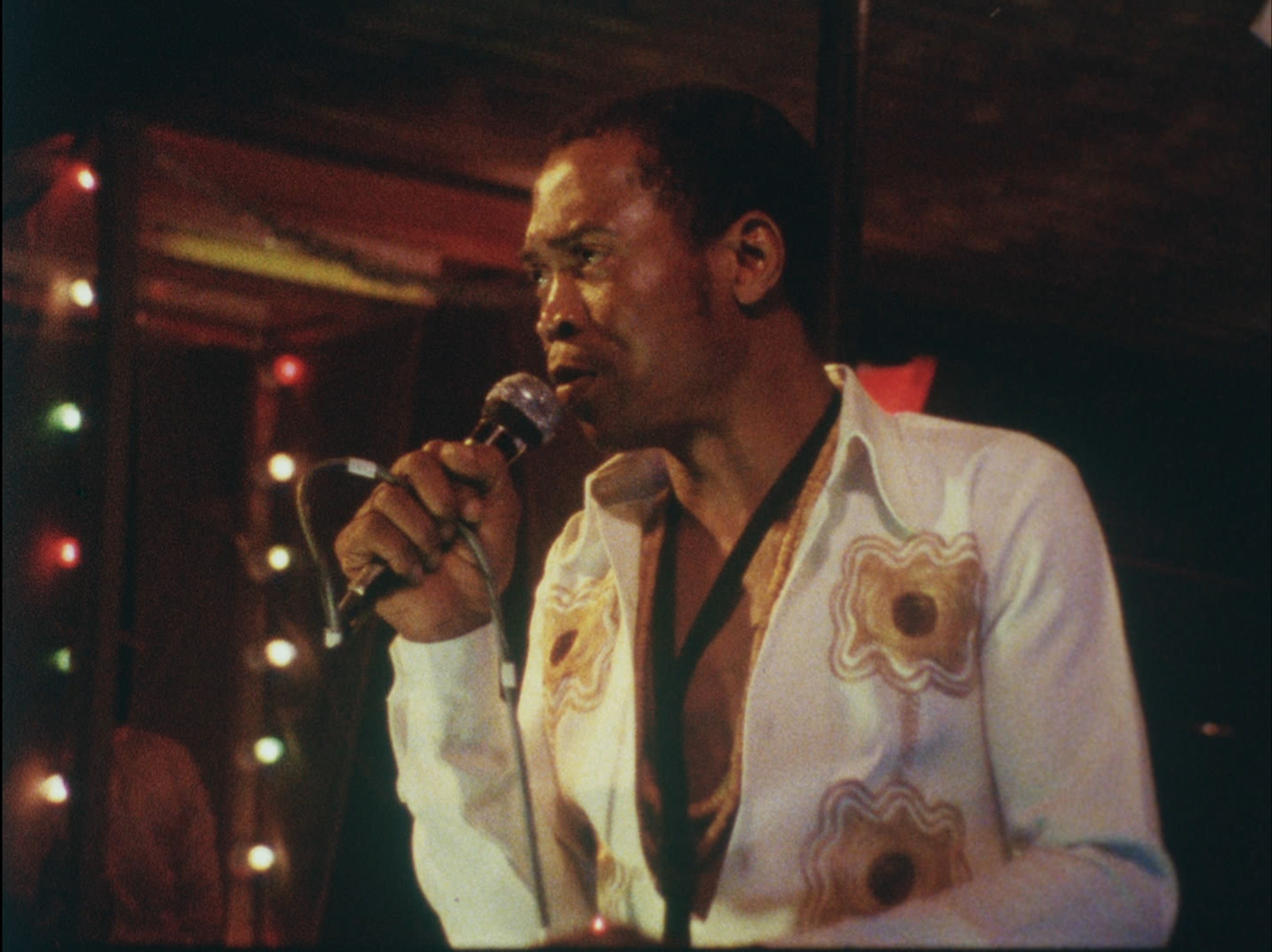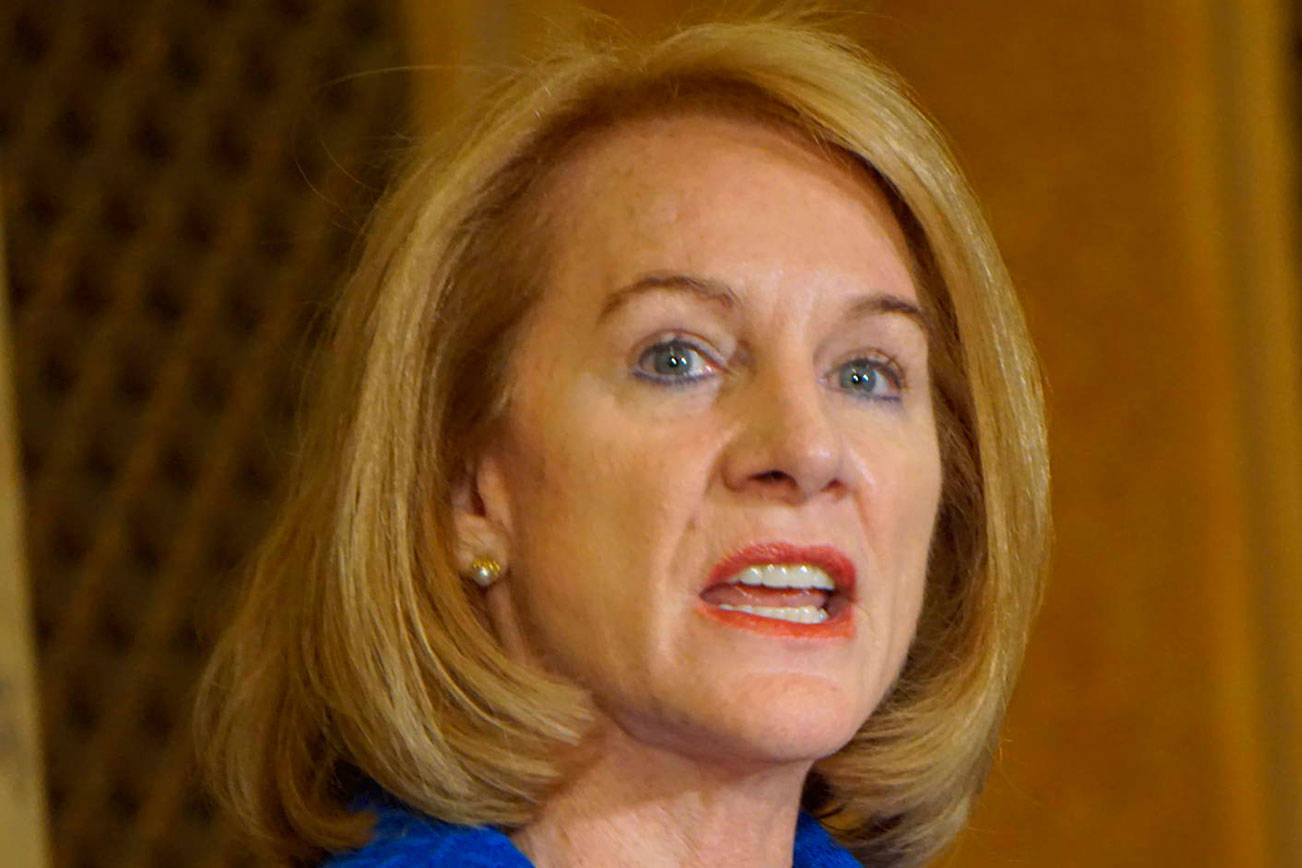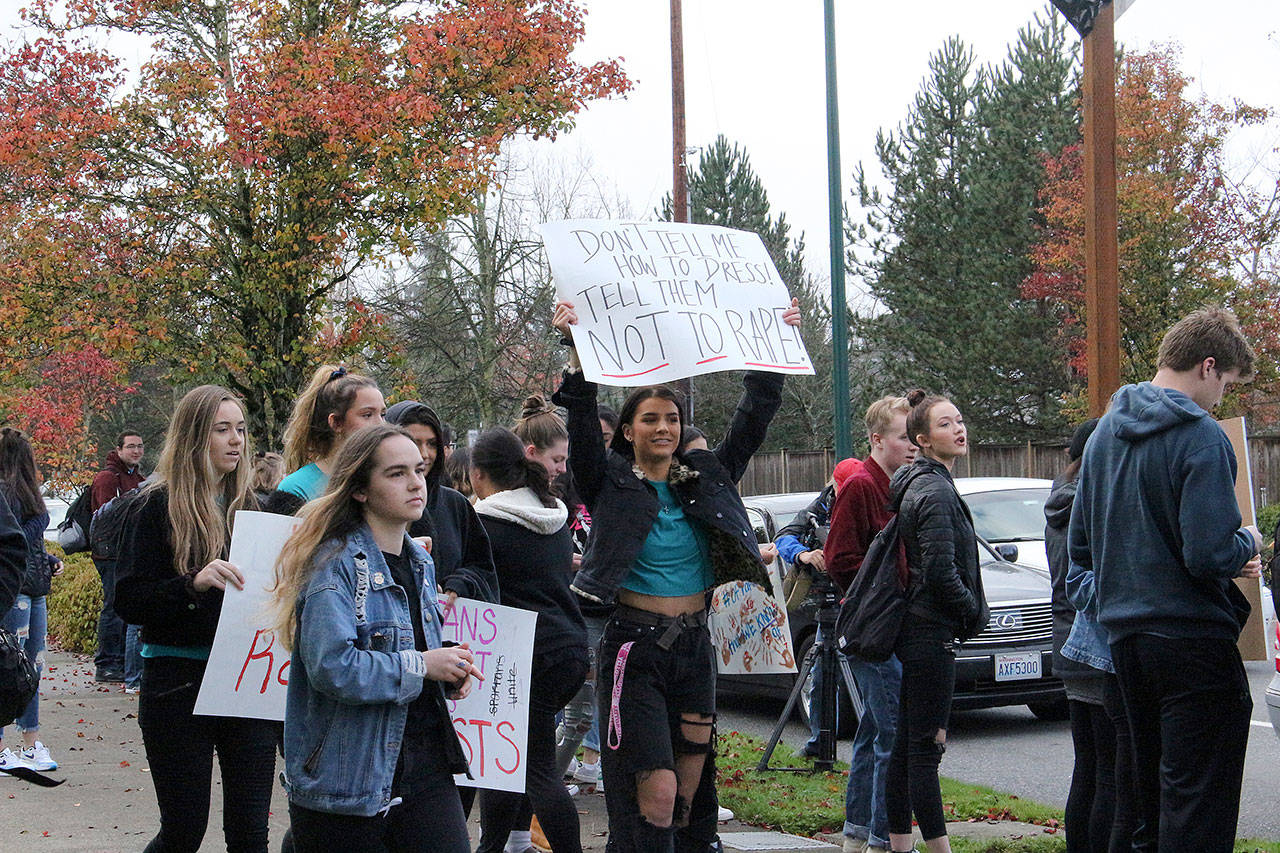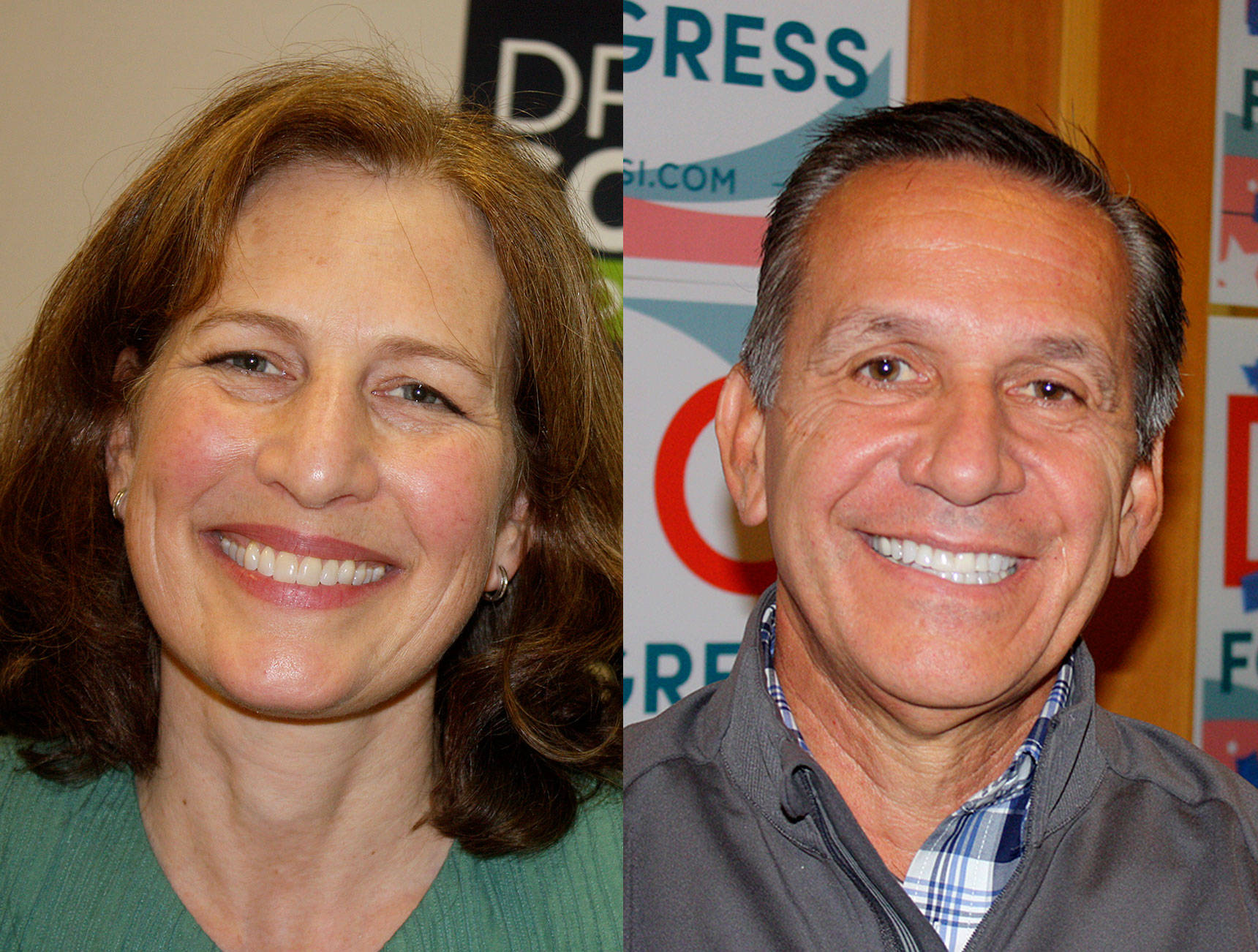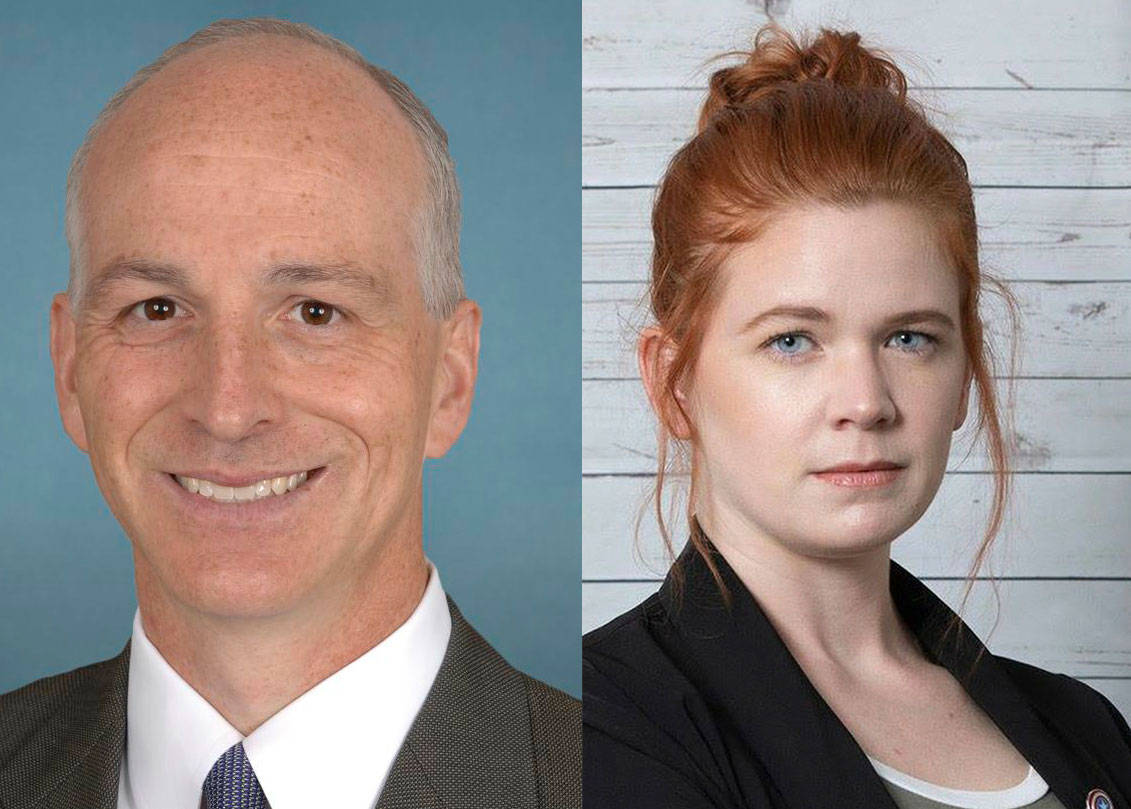Friday, Aug. 29
Finding FelaThough he outlived Bob Marley, Fela Kuti never managed to connect with Western ears in the same way. His tunes were too long for our Top 40 charts, and Nigerian politics were too distant and complicated when compared to simple sing-along Caribbean liberation anthems. For that reason, mounting a 2009 Broadway musical about his eventful yet eccentric life (1938–1997) proved a challenge for Bill T. Jones and his collaborators, as we see in Alex Gibney’s comprehensive documentary about the show—which toured through Seattle last year—and its inspiration. Fela himself is most vivid in old performance clips, especially in his sinuous, jumpsuited glory during a 1978 gig at the Berlin Jazz Festival. He’s more elusive in old interviews from the archives, leaving his children (including musician Femi Kuti), manager, former bandmates, and journalists to assess his life and legacy. His Afro-fusion aesthetic is fascinating; and we see how from the early ’60s forward he absorbed and distilled Miles Davis, the highlife music of Ghana, James Brown, Malcolm X and the Black Power movement, and even perhaps a trace of reggae into his great band Africa ’70. No less a polymath than Questlove from the Roots here offers his tribute to Fela, who was born into privilege yet endlessly battled the petro-military-oligarchy that often jailed him (and notoriously killed his mother). One of his takeaway quotes in Finding Fela might as well be his epitaph: “Music cannot be for enjoyment. Music has to be for revolution.” In truth, his music realized both. (Through Thurs.) Varsity, 4329 University Way N.E. $10.50. Showtimes: 632-6412 and landmarktheatres.com.
Brian Miller
Pikachu will be out in full force at PAX Prime.
PAX PrimeIf you enjoy dressing up like Pikachu, taking pictures of people dressed like Pikachu, or playing hotly anticipated video games before they come out, then PAX Prime is the place for you. Penny Arcade’s annual flagship event is back, and this year it’s looking like Nintendo is trying its damnedest to razzle-dazzle convention-goers with a slew of high-profile games on display (both for ticket holders and those without). “SmashBash” seems to have the most people drooling—a chance for Seattleites to go to stations around the city and play the new Super Smash Bros. game for Nintendo 3DS. The company will also be demoing Hyrule Warriors, a Zelda/Dynasty Warriors mashup that’s already won accolades in Japan. But of course, this weekend gathering isn’t just about Nintendo. Expect all the local indie developers to crawl out of their coding holes and show the world what they’ve got. And there will be plenty of chances to stand in lines for hours to score various key chains, hats, and foam swords. Don’t forget to bring a swag bag. (Through Mon.) Washington State Convention Center, 800 Convention Place, prime.paxsite.com. $35–$110. 10 a.m.–midnight.
Kelton Sears
E.T. the Extra-TerrestrialI cried three times while revisiting Steven Spielberg’s gorgeous, influential 1982 fairy tale, which memorably stars Henry Thomas as the boy who finds and shelters E.T. and Drew Barrymore as his saucer-eyed younger sister. Hell, I choked up not only at the flying bike stuff, but at the goddamn opening title card, which was raucously applauded. Some questionable p.c. revisionism in the recent digital restoration: Although “penis breath” still makes the cut, Elliott’s brother is no longer chastised for dressing up as a “terrorist” for Halloween—but as a “hippie” instead. Recent CGI tweaks cast E.T. in Phantom Menace unreality, yet augment a welcome, restored bathtub sequence. Three decades later, the movie’s not just a classic of the ’80s but of childhood in the generations since. (Through Wed.) Central Cinema, 1411 21st Ave., 686-6684, central-cinema.com. $6–$8. 7 p.m.
Andrew Bonazelli
Saturday, Aug. 30
City DwellersOne of Muthiah’s glum Krishnas. Collection of Sanjay Parthasarathy and Malini BalakrishnanA dozen contemporary Indian artists are represented in this show organized by SAM and originating entirely from the private local collection of Sanjay Parthasarathy (a Microsoft millionaire) and wife Malini Balakrishnan. Scenes and icons from Mumbai to New Delhi are represented via photography and sculpture, from an all-native perspective. As tourists know, India is ridiculously photogenic, from its colorful idols and deities to the slums and beggars. It all depends on what you want to see. Photographer Dhruv Malhotra, for instance, takes large color images of people sleeping in public places—some because they’re poor, others because they simply feel like taking a nap. Nandini Valli Muthiah opts for more stage-managed scenes, posing a costumed actor as the blue-skinned Hindu god Krishna in contemporary settings; in one shot I love, he sits in a hotel suite, like a tired business traveler awaiting a conference call on Skype. Sculptor Debanjan Roby even dares to appropriate the revered figure of Gandhi, rendering him in bright red fiberglass and listening to a white iPod. Apple never made such an ad, of course, but this impudent figure tweaks both India’s postcolonial history and the relentless consumerism that now links us all, from Seattle to Srinagar. (Through Feb. 15.) Seattle Art Museum, 1300 First Ave., 654-3210, seattleartmuseum.org. $12.50-$19.50. 10 a.m.–5 p.m. Wed. & Fri.-Sun. 10 a.m.-9 p.m. Thurs.Brian Miller
Wednesday, Sept. 3
The Invisible Bridge: The Fall of Nixon and the Rise of Reagan / Simon & Schuster
Rick PerlsteinHow did a Republican Party that was shattered in the mid-’70s pivot toward its nearly hegemonic power today? This is the question considered in The Invisible Bridge: The Fall of Nixon and the Rise of Reagan (Simon & Schuster, $23.72), which Perlstein begins with Watergate and ends with President Gerald Ford’s seeming defeat of the Gipper. That was in ’76, which we now recognize to be a springboard year that launched Carter to imminent failure and Reagan, four years later, to the White House. Whence the motivating power of the Reagan Revolution? Perlstein digs up a Ford memo calling Reagan’s supporters “highly motivated right-wing nuts.” Well, yes, but those nuts turned out to be the future of the GOP—populating think tanks, dominating talk radio, funding super-PACs, and rising from law-school professorships to the Supreme Court. Now it should be noted here that this 800-page tome from Perlstein, previously the author of Nixonland, has been cited for lifting language from other accounts; those charges come from a right-leaning historian of the Reagan era, and Perlstein does skew more left. (And he denies any plagiarism.) Also, The Invisible Bridge isn’t about tit-for-tat politics; it’s a cultural history of the roiling moment, a nation divided and unbalanced: OPEC and Patty Hearst, killer bees and Robert Altman’s Nashville, Hank Aaron’s home-run chase and Chevy Chase stumbling on SNL. If there’s a villain in the book (D.C. pundits are hit the hardest), it’s certainly not Reagan. His cheerful selling of what Perlstein calls “America the innocent” is what people wanted to hear—and what would save his party from Nixon’s cloud. Town Hall, 1119 Eighth Ave., 652-4255, townhallseattle.org. $5. 7:30 p.m.
Brian Miller
